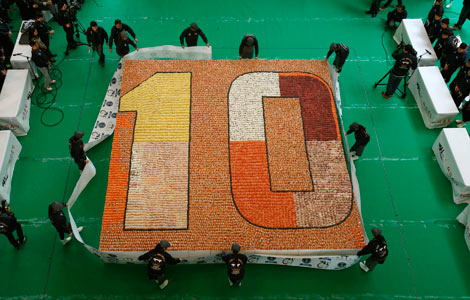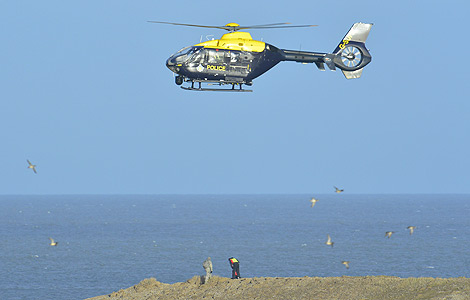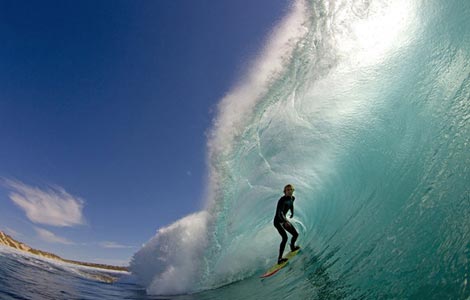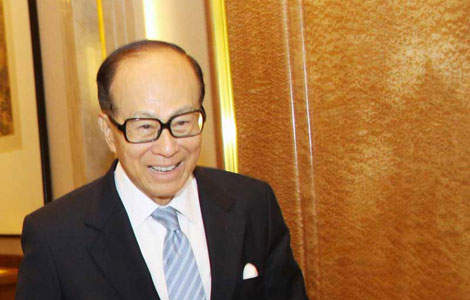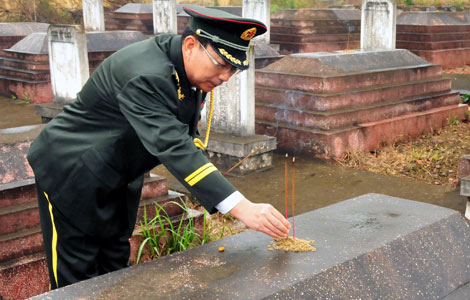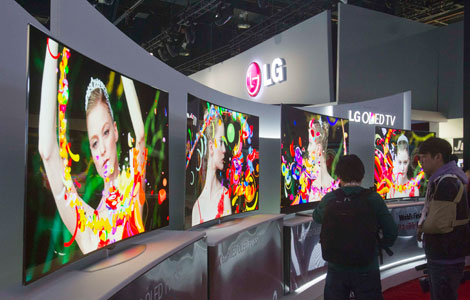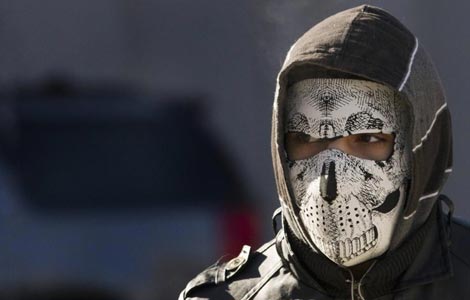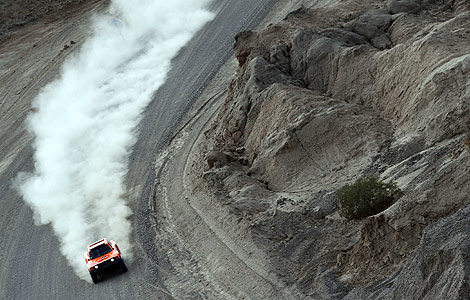Japan experiencing fallout from Abe's Yasukuni visit
Updated: 2014-01-09 21:40
(Xinhua)
|
||||||||
TOKYO - Following global condemnation of Japanese Prime Minister Shinzo Abe's visit to a controversial war- linked shrine last month, Japan is now dealing with the ongoing fallout from the move, with a senior official having to visit the United States to account for Abe's actions, the Foreign Ministry here said Thursday.
The ministry said that Senior Vice Foreign Minister Nobuo Kishi, the younger brother of Abe, will visit Washington for a week on Monday, during which he is expected to meet with senior US officials and experts and convey to them the intentions of Abe's visit to the Yasukuni war shrine last month.
Japan's foreign ministry also said Thursday that former Foreign Minister Hirofumi Nakasone and two other lawmakers met with former US deputy secretary of state Richard Armitage on Wednesday near Washington.
Nakasone, the head of a group of lawmakers committed to ensuring positive ties with members of the US Congress, hand- delivered a statement from Abe explaining why he chose to visit the controversial shrine on December 26 -- the first anniversary of his administration reclaiming power.
Abe's statement, officials here said, tried to explain that the visit was not meant to antagonize Japan's neighbors, but to inform the souls of the war dead enshrined there of his administration's progress after one year, and to pledge a peaceful future for the nation.
But while Armitage said he hopes that Japan's relations with its neighbors will move in a positive direction henceforth, Abe's visit has caused both domestic and global consternation and the move has been lambasted by the US who, in an unprecedented gesture towards an ally, said it was "disappointed" that Japan's leader had wittingly moved to take action that would "exacerbate tensions with Japan's neighbors."
Yasukuni is widely seen as a symbol of Japan's militaristic past and serves as a living reminder of Japan's brutal colonial rule in many parts of Asia, including parts of South Korea and China, during World War II.
About 2.5 million war dead are enshrined at Yasukuni, including 14 Class-A war criminals, convicted by an international tribunal. Visits to the shrine, located in central Tokyo, by Japanese lawmakers, have consistently undermined trust in Japan's so-called "pacifist stance" and are seen as glossing over a militaristic history.
Abe's visit marked the first time in seven years a sitting Japanese prime minister has visited the shrine. Former prime minister Junichiro Koizumi paid a visit in August 2006.
The administration of US President Barack Obama said it deliberately chose the word "disappointed" in responding to Abe's visit, according to a senior State Department spokesperson.
"I think we've made very clear that we were disappointed, that we think this will exacerbate tensions. I think those words are very clear in their meanings," State Department deputy spokeswoman Marie Harf was quoted as saying of the incident.
"I think our message is very clear from the words we chose," added Harf.
Obama's administration had also previously said Abe's decision to visit the shrine would heighten tensions in the region, with analysts remarking that the use of the expression "disappointed" from the US reflects harsh condemnation towards an ally, when terms such as "regret" or "concern" are usually opted for in times of diplomatic censuring.
Chief Cabinet Secretary Yoshihide Suga on Thursday intimated that Japan-China relations had been severely compromised by Abe's visit to the shrine and may be the cause of postponed private- sector exchange programs between the two countries.
Japan's top government spokesperson told a news conference Thursday that the Japanese Embassy in Beijing and the Japan-China Friendship Center in Tokyo had been informed that exchange programs between Japan and China had been postponed by the former, due to "internal affairs."
"We would be disappointed if the prime minister's visit to Yasukuni Shrine were to have caused the postponement," Suga said.
"Japan's position is to try to prevent any individual issues from affecting overall Japan-China relations," he added.
But government officials said that the postponement of a least three exchange events between the two countries, scheduled to take place before the end of January, may be due to souring ties caused, at least in part, by Abe's visit to Yasukuni.
One of the postponed events was an exchange between Japanese journalists and around 100 young Chinese reporters who were to visit Tokyo for a week from Monday. Other programs include cultural interchanges by junior high school students of the two countries and meetings between Chinese university students and Japanese farmers, local media and organizers said here Thursday.
The postponement of such private-sector exchange programs doesn 't bode well for Abe's administration that is coming under increasing fire of late, both domestically and internationally, for resurrecting its militaristic past under the guise of new domestic and foreign policy initiatives.
Calls from the international community are becoming ever-more vociferous for Japan to focus solely on restoring the correct diplomatic channels in its attempts to salvage its battered relations with its neighbors.
- Time to stop Abe's evil game
- Meet Abe the hypocrite
- Abe's dangerous dream of constitutional revision
- China dismisses Abe's intention to explain shrine visit
- Beijing rejects Abe's call for official meeting
- Be aware of Abe's evil intentions
- Abe's shrine visit offers lessons for Hong Kong's opposition
- China's ambassador to US blasts Japan's Abe
- Chinese envoy urges world to stop Abe from reversing post-war order
Most Viewed
Editor's Picks

|
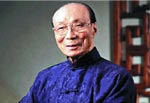
|

|

|

|

|
Today's Top News
The changing face of Chinese ODI in US
China imports more US-built cars
China has most outbound tourists
Top court seeks judicial transparency
Wearable tech leads trend in CES
Students challenged on China knowledge
Chicago lures Chinese tourists
Delta authorities pledge to battle smog together
US Weekly

|

|
